Blog
For ages, natural stones have been to décor up our homes and commercial establishments. From kitchen countertops to tabletops, floors, and other architectural elements, the superb hard-wearing capability and natural finishes of natural stones make them an excellent choice for a number of applications worldwide. Some of the widely used natural stones are marble, granite, sandstone, quartz, and others. Among them, granite and quartz are considered the most popular choices for countertops. But there comes a question – which one is better – granite or quartz?
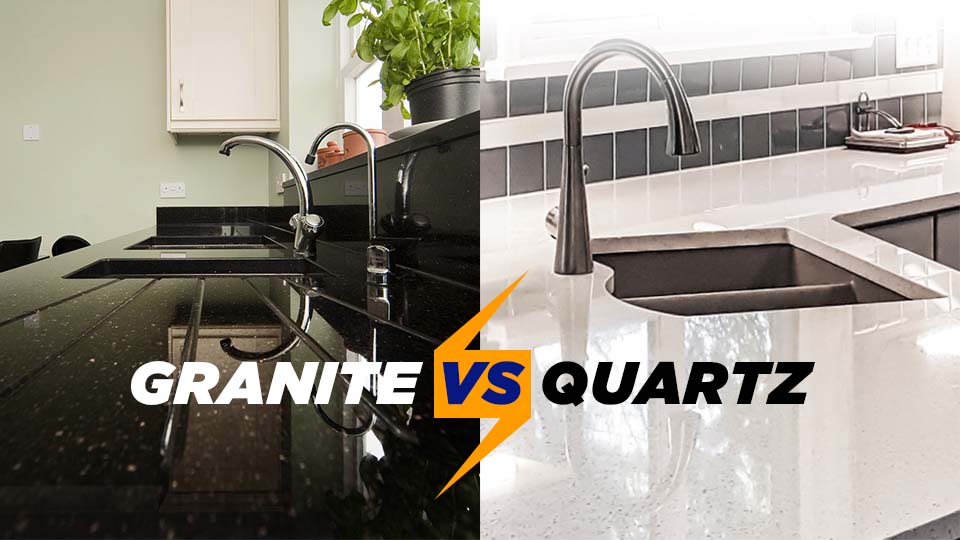
According to various construction experts and granite suppliers worldwide, granite is known to carry an edge over quartz in many aspects. So, below are some of the most prominent reasons why granite is considered a better choice than quartz for countertops.
- Granite has more durability than quartz
Though both the materials are found to exhibit superb resistance to scratches, it basically depends on which kind of treatment you give to them during the usage. For example, if are mostly involved in cutting, cooking, and baking, putting hot pans and pots, shifting heavy mixing bowls, and using crockpots and stand mixers, granite may show better performance than quartz.
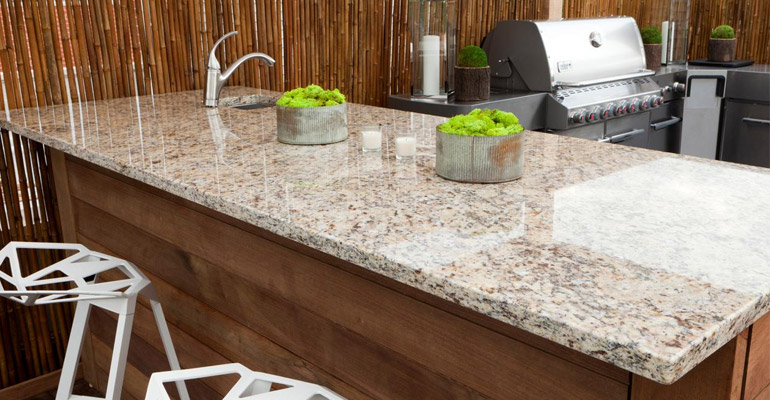
Most architects and construction contractors use granite to prepare countertops to make them last for years without requiring heavy maintenance.
- Quartz is more prone to burns under a hot pot
Granite takes shape under intense temperatures and is unsurprisingly impermeable to high temperatures. Hot pots and hot pans don’t pose threat to their surface, although they may damage any sealant used on them.
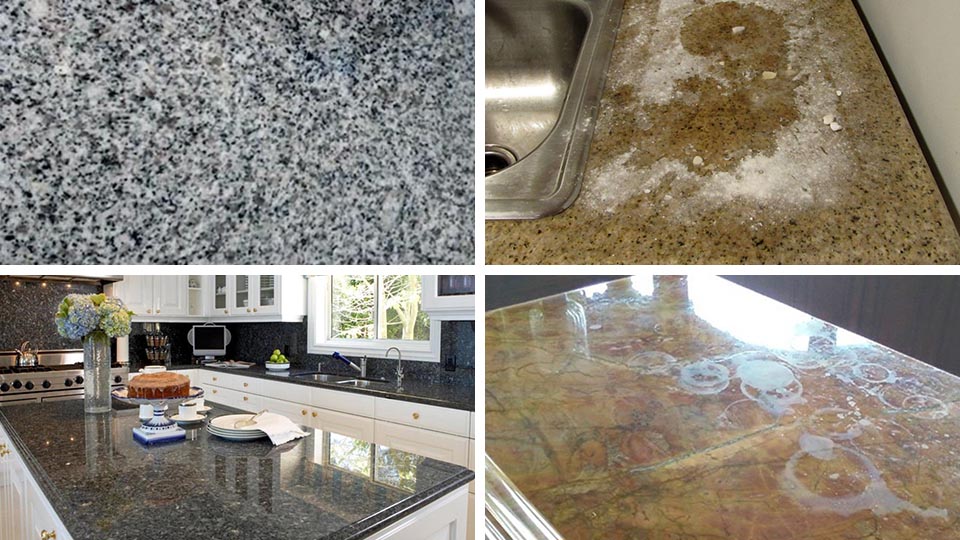
On the other side, quartz isn’t almost as heat resilient. All leading natural stone manufacturers worldwide recommend not to put hot objects on the quartz surface. This is one aspect that makes granite countertops quite popular in both residential and commercial kitchens.
- Granite is more scratch-resistant than quartz
The stuff that makes quartz prone to damage from heat is held responsible for making it highly reactive to scratches. While quartz doesn’t scratch easily under typical use, it’s certainly more likely than granite to get scratches from fallen pans or slithering knives.
Granite, the hard, rocky stone that it is, can manage you cutting stuff straight on its surface. It’s so tough that it will really dull your knives so invest in a wood-cutting chunk.
- Repairing of granite in easy
Things happen as dishes tend to fall out of cabinets, kids drop things on countertops, grownups aren’t much improved.
If you fall a heavy item on granite or thump a corner with a heavy ceramic bowl, it’s more expected to chip than quartz. The issue is that those chips are infamously tough to repair, but granite is quite easy to repair and people can possibly do it yourself.
It’s very easy to do minor repairs on granite as repair kits are conveniently available at almost every home enhancement store. You can get similar kits with quartz but the repairs are typically more visible and difficult to polish out.
- Granite ness low maintenance
Though granite is found to be susceptible to stains due to its composition, it usually needs to be sealed once or twice a year to work well. Due to the presence of artificially made resin that is used to stick quartz together, it is non-porous, hence it’s stain-resistant and needs low maintenance.
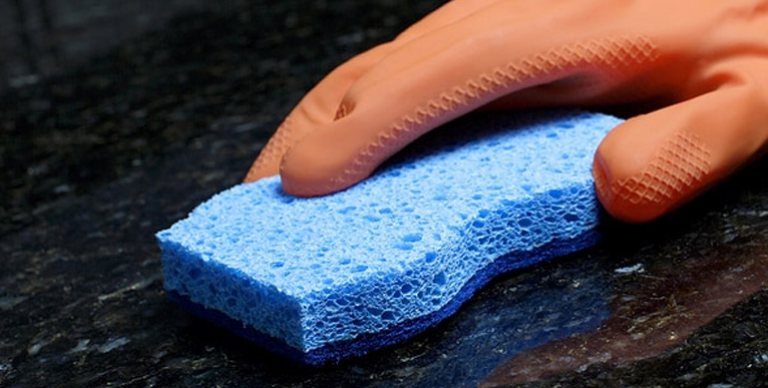
Before you conclude that due to this, quartz is superior to granite, do keep in mind that it’s non-porous. Think how it’s made of a resin-stone combination? The similar resin that makes it low maintenance also augments its danger of damage and discoloration from hot pots and pans.
- Granite is cheaper than quartz
The eventual cost of kitchen countertops usually depends on a number of factors, but usually, granite countertops cost $40-50 per square foot inclusive of installation. On the other hand, quartz varies from $50-75 per square foot. This difference can become significant in case of a big kitchen.
- Granite is supportive of nature
On the first go, quartz may look more eco-friendly because it can be modified and manufactured close to where it will be offered. The manufacturing units also love to brag about how they use castoff materials as well as how they save water.
However, both the stones need to be sourced from somewhere–often in the US, but typically abroad–so they’re both using the same power and resources for the same.
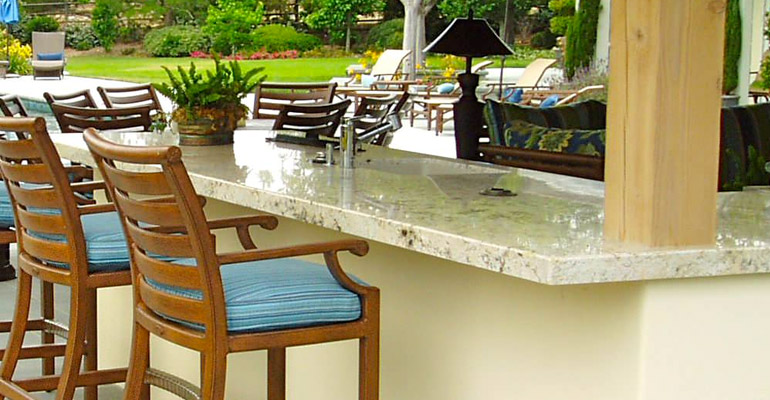
Apart from this, quartz needs additional energy and resources since the stone is crumpled and non-organic resins are included to join the crushed stone pieces together.
Granite is factually created by Mother Nature, sourced from the quarries in the form of big rough blocks, cut into slabs, and then polished to get a glossy surface.
- Granite is less radioactive
You may know that granite is considered harmful to use in countertops as it produces radon gas. Radon is a colorless and odorless radioactive fume that is made by the collapse of decaying uranium.
- Granite comes in a wide range of colors
One big advantage of granite is that it comes in a wide range of colors like white, black, grey, golden, green, silver, and others. So, whatever décor theme you have in place, you can choose the best matching granite for the same.
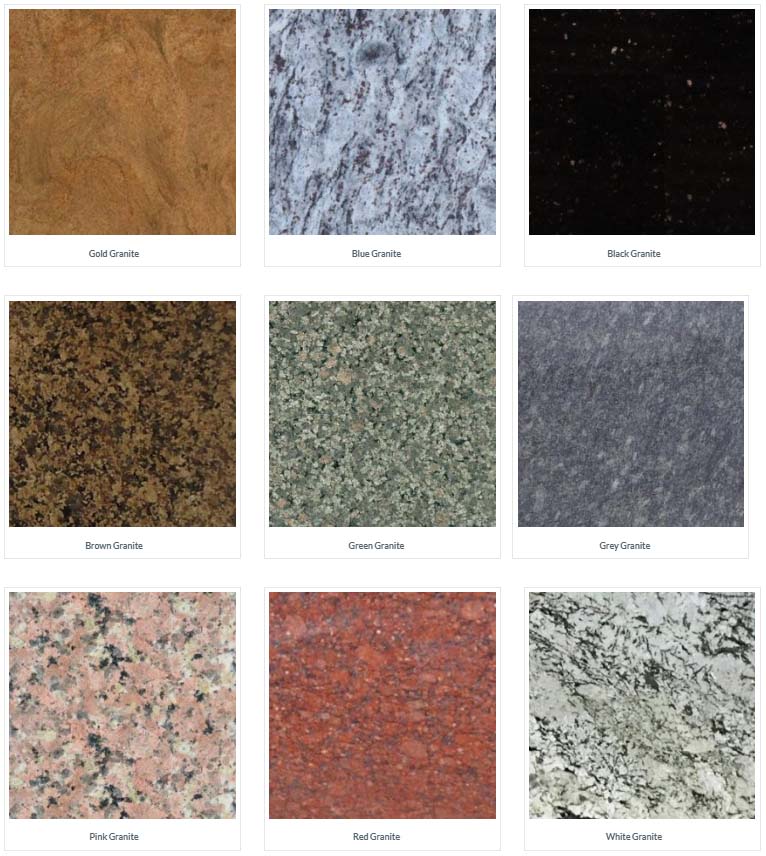
So, whatever décor theme you have in place, you can choose the best matching granite for the same.
- Quartz fades under sunlight
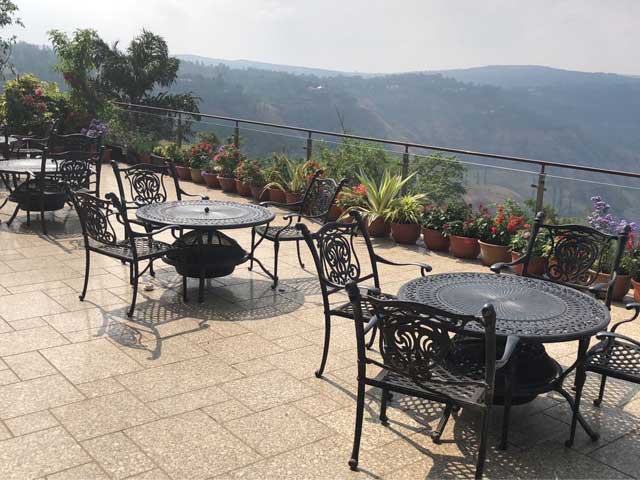
A lesser number of granite colors tend to fade when exposed to direct sunlight for prolonged exposure. This is why stone slabs are sometimes placed outdoors in direct sunlight. Quartz, though, fades markedly in as little as a few weeks of straight sunlight, particularly the darker hues. If you have more sunlight coming into your kitchen, it is better to avoid using it.
